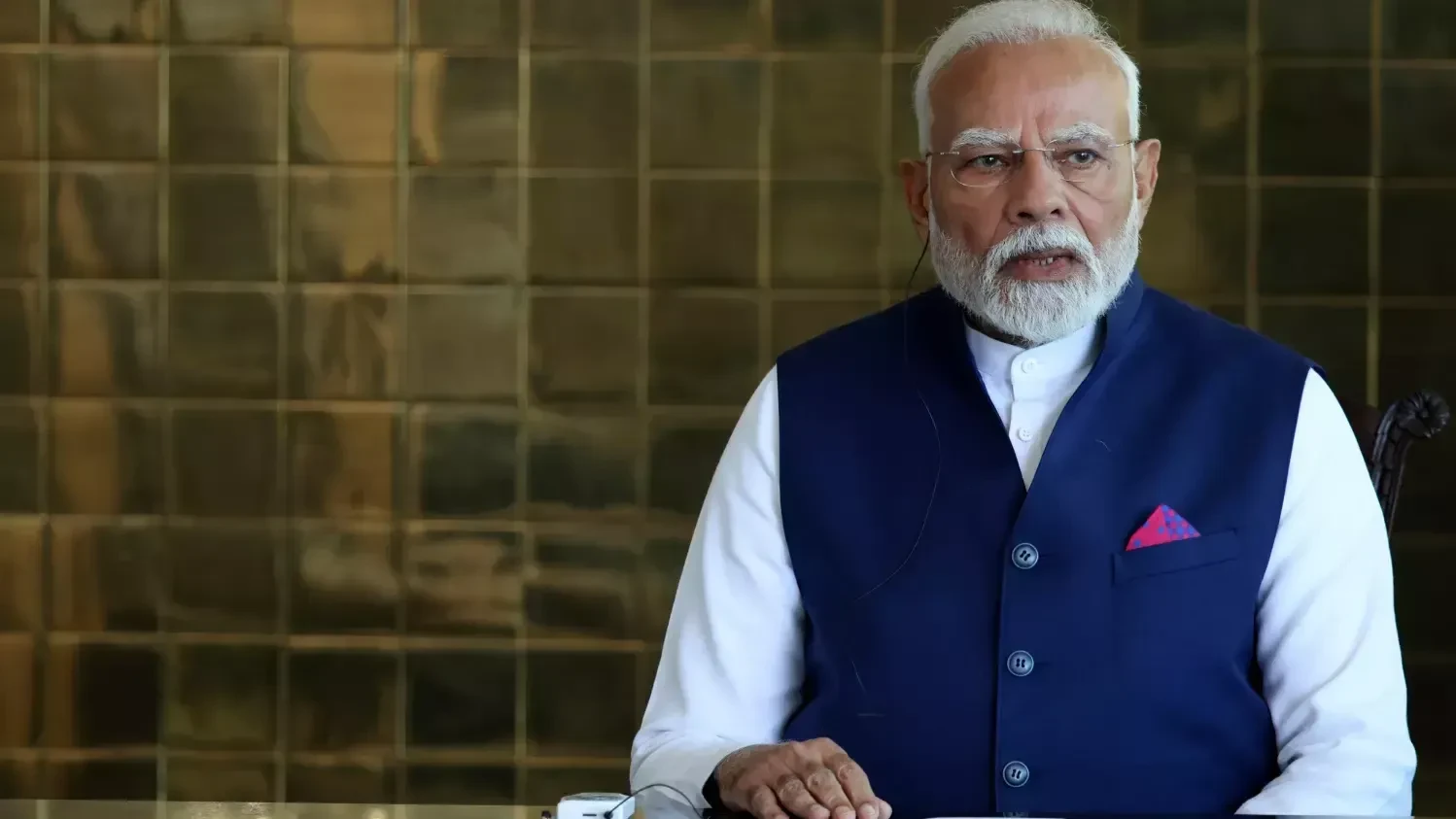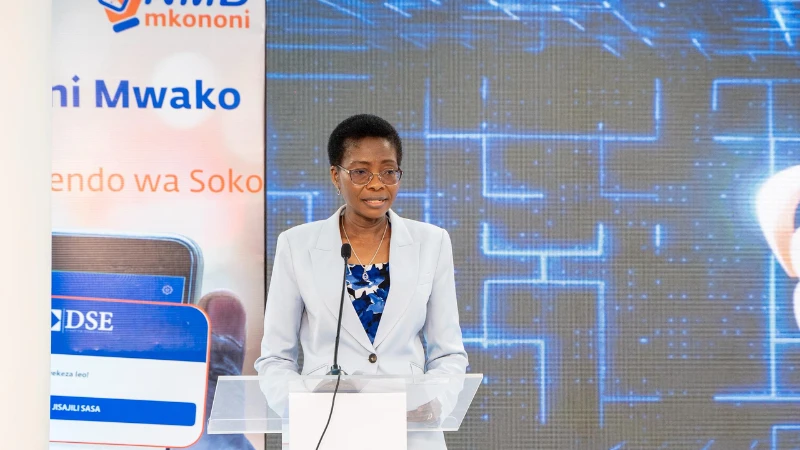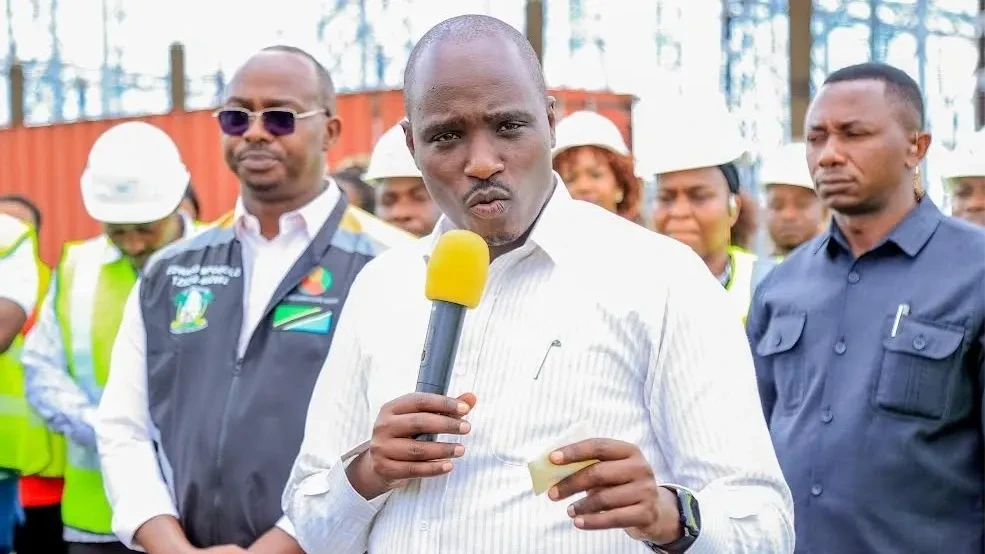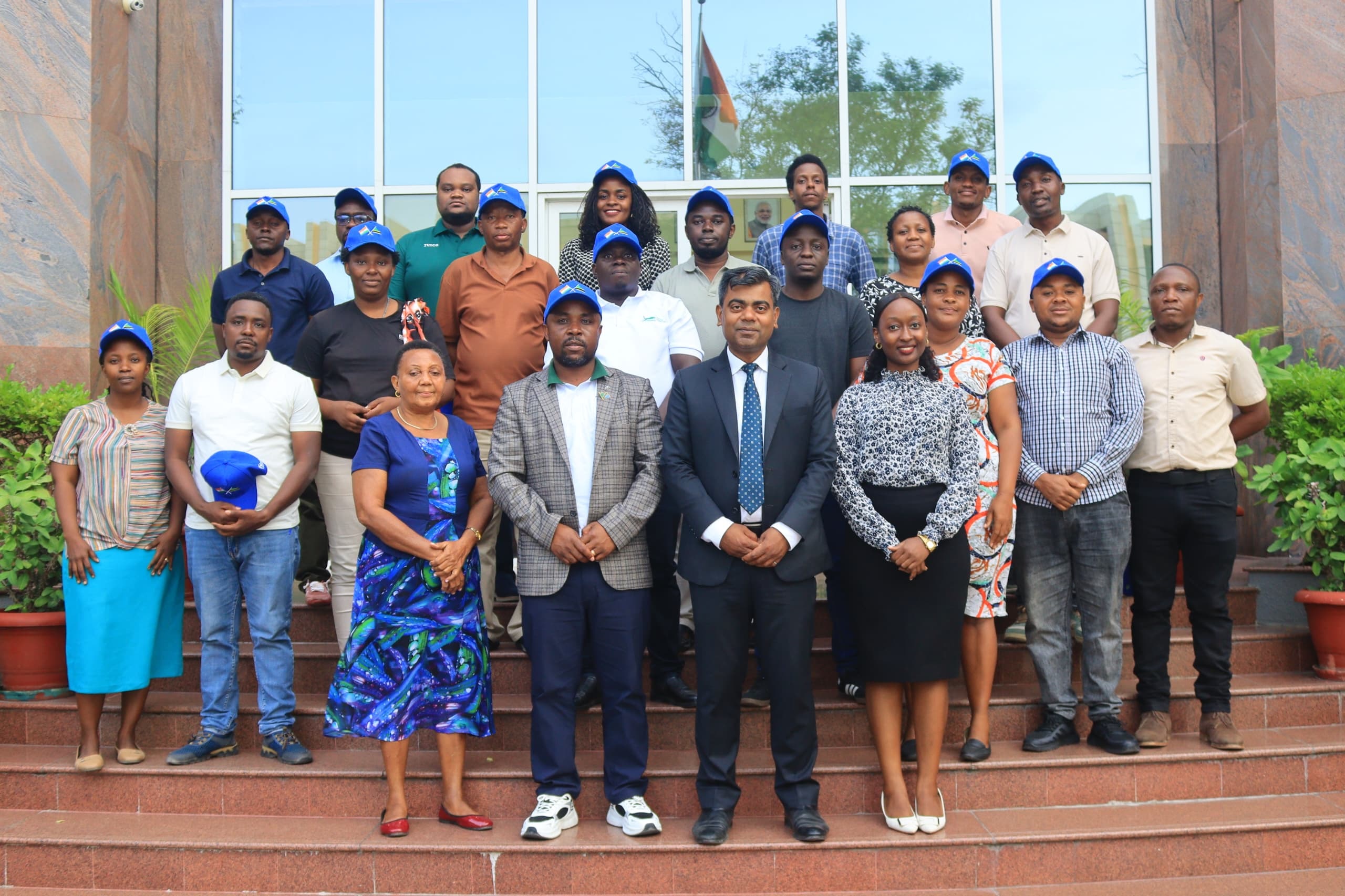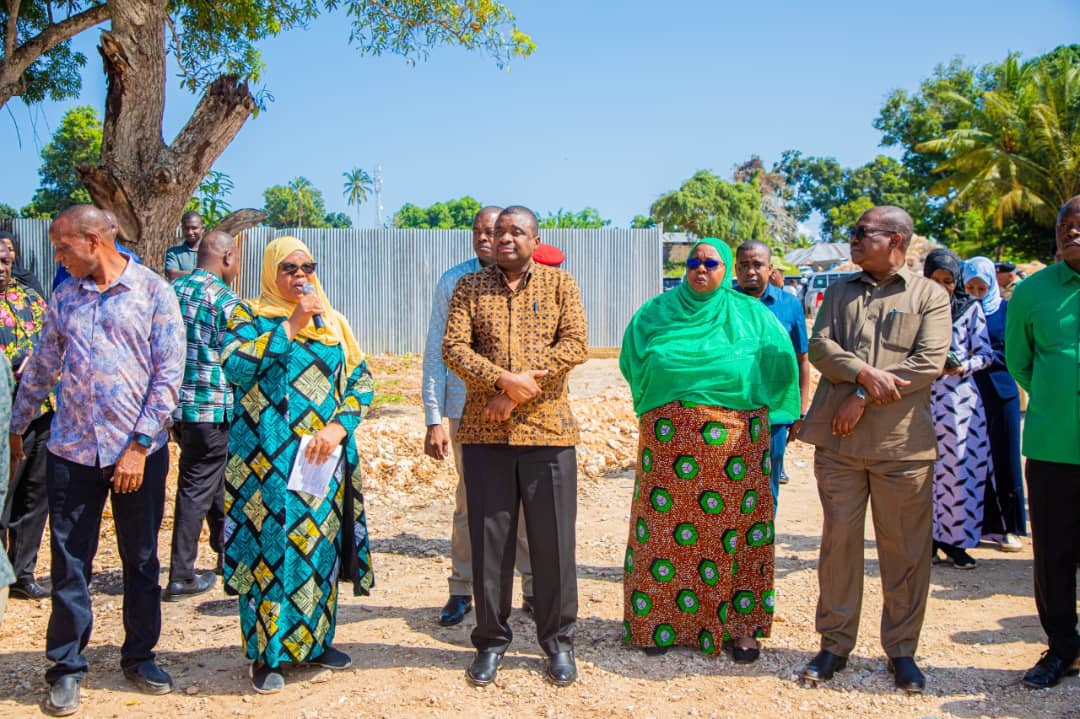PPP experts urged to amplify project execution for financial burden relief
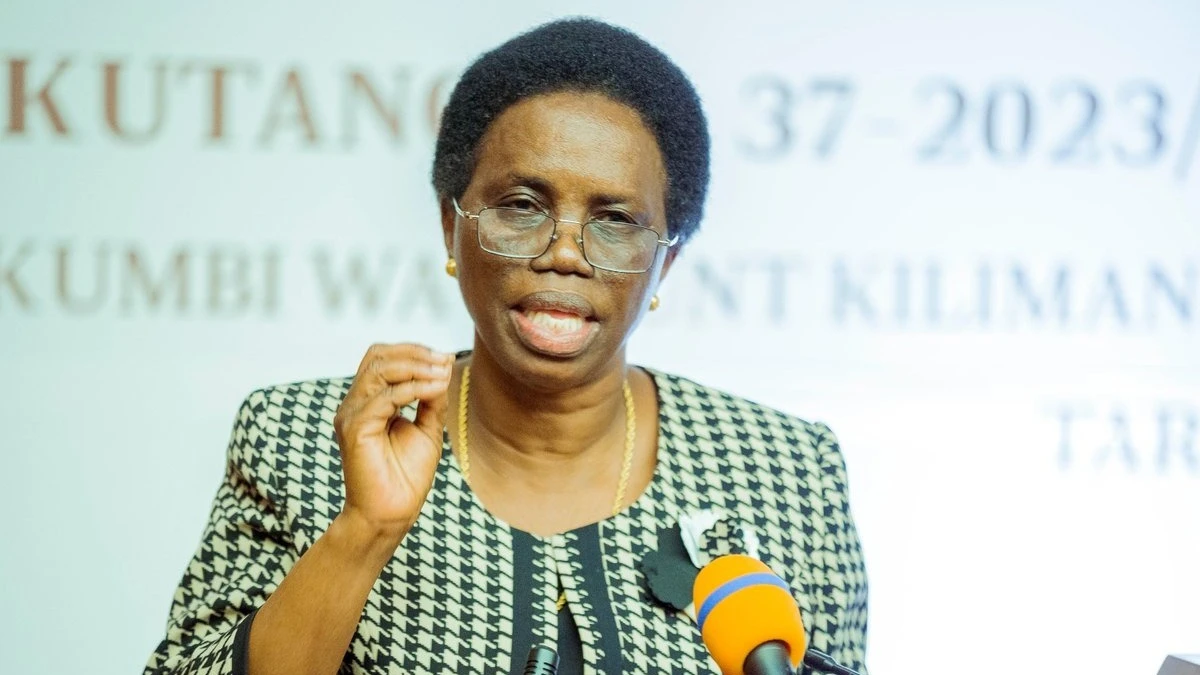
EXPERTS in Public-Private Partnerships (PPP) have been instructed to ensure that all major, commercially viable projects are implemented through the PPP model to ease the financial burden on the government.
Deputy Permanent Secretary in the Ministry of Finance, Jenifa Omolo made the directive on Wednesday in Dodoma while opening a meeting aimed at strengthening collaboration between the Revolutionary Government of Zanzibar and the Mainland on PPP matters.
Omolo emphasized that implementing projects through PPP is essential for building a strong economy, pointing out that many countries globally have adopted this practice successfully.
“Do not be afraid; even developed countries implement their projects through PPP. If you look at bridges and various buildings, they have been carried out through PPP. The private sector, when given the opportunity, performs very well,” Omolo said.
She encouraged experts to enhance understanding of the PPP concept among stakeholders, as there are still challenges in fully appreciating its benefits and potential.
Deputy Permanent Secretary of the Office of the President for Labour, Economy and Investment, Zanzibar, Rashid Ali Salim, also urged experts to ensure that all key issues raised in the meeting are addressed, particularly the need for a joint strategy to promote opportunities and initiate PPP projects that will strengthen the sector across both Zanzibar and Mainland Tanzania.
Acting Commissioner for the PPP Unit in the Ministry of Finance, Bashiru Taratibu highlighted important topics discussed during the meeting, including legal reforms to simplify PPP operations, especially for joint projects between Zanzibar and Mainland Tanzania.
“We have discussed joint projects that the private sector could undertake, such as a bridge connecting Dar es Salaam to Zanzibar. However, each region has its own PPP laws, so we are working together to find the best way to implement this if an investor comes forward,” Taratibu said.
He stressed that Tanzania needs a unified PPP policy or law that outlines how to implement joint projects between Zanzibar and Mainland Tanzania, similar to PPP initiatives undertaken in other East African countries. A regional PPP policy for East Africa has already been prepared.
The Executive Director of the Public-Private Partnership Centre (PPPC), David Kafulila, stated that various measures were discussed to streamline the PPP process and alleviate the financial burden on the government for development projects that could be financed through PPP arrangements.
Kafulila reported that Tanzania is performing well in the PPP sector, with Mainland Tanzania having approximately 74 projects in the final stages of implementation, and Zanzibar having more than 13 ongoing projects.
“We have agreed on many actions to ensure that we achieve greater success in PPP, agreeing to use the private sector to implement projects that the government could otherwise fund through taxes, loans, duties, levies, and aid,” Kafulila said.
He emphasized the importance of further strengthening PPP to facilitate projects that would otherwise rely on tax funding.
Kafulila also pointed out that Tanzania is performing well in terms of loans, with the country’s debt-to-GDP ratio at 47 percent, a figure lower than many other East African nations.
Top Headlines
© 2025 IPPMEDIA.COM. ALL RIGHTS RESERVED










